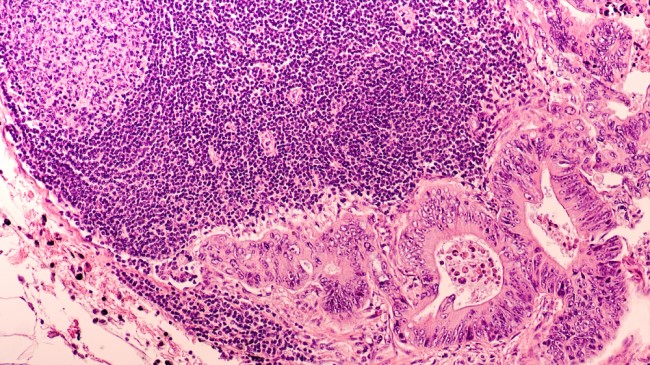Imaging Technology Provides Ground-Breaking New Approach for Diagnosing and Treating Bowel Cancer
Posted on 20 Mar 2024
Biopsies, the current method for diagnosing bowel cancer, are invasive and come with risks like possible infection. While precision medicine has the potential to revolutionize cancer diagnosis and treatment, the development of accurate, informative, and patient-friendly diagnostic techniques is vital for its success. Now, new research has revealed that PET (Positron Emission Tomography) imaging could provide a ground-breaking approach to diagnosing and treating bowel cancer, enabling the application of precision medicine to oncology.
New research from the University of Glasgow (Scotland, UK) has found that PET imaging technology could revolutionize bowel cancer diagnosis and treatment. PET scans can examine the entire bowel and study tumors internally, avoiding the need to remove and examine tumor tissue externally. This technique uses special tracers to produce three-dimensional images of the body's interior, highlighting areas of abnormal cell activity. The technology could align bowel cancer treatment with precision medicine, ensuring patients receive the most effective treatments for their specific condition. Moreover, undergoing multiple PET scans could allow physicians to monitor the cancer's progress and the treatment's effectiveness over time.

The Glasgow team utilized existing genetic information about bowel cancer to identify distinct tumor characteristics through PET imaging. They found that employing multiple PET tracers, instead of just one, could differentiate between various types of bowel cancer in mice, based on their genetic makeup. This approach could lead to personalized patient care, as treatments could be customized according to each patient's specific cancer type. Since patients' bowel cancers can have unique mutations, such as in the KRAS, APC, and TGFB genes, which produce different imaging signatures, PET imaging has the potential to quickly identify the type of bowel cancer a patient has. This could significantly expedite access to the most suitable treatment for their disease, marking a significant step forward in the application of precision medicine to oncology.
“Precision medicine has the potential to revolutionize cancer diagnosis and treatment. However, the development of accurate, informative, and patient-friendly diagnostic techniques is crucial for its success,” said Dr. David Lewis, of the Cancer Research UK Scotland Institute and the University of Glasgow, who led the research. “PET imaging offers a promising alternative, with the ability to survey the entire cancer landscape, allowing us to examine tumors in more detail while they are still growing.”
Related Links:
University of Glasgow













